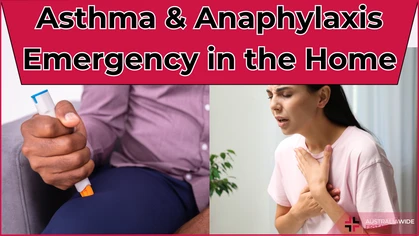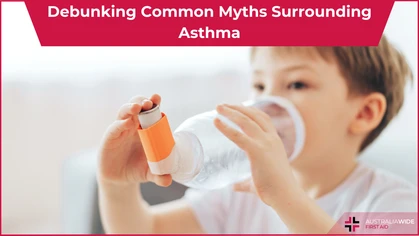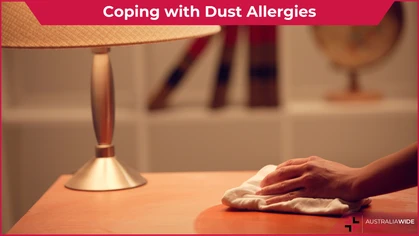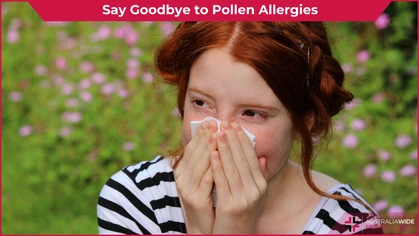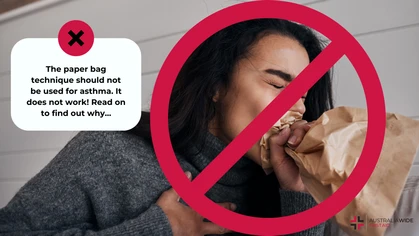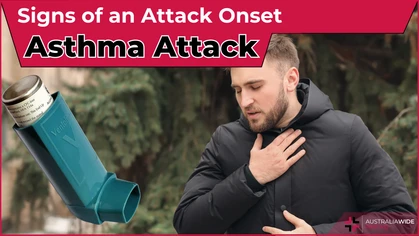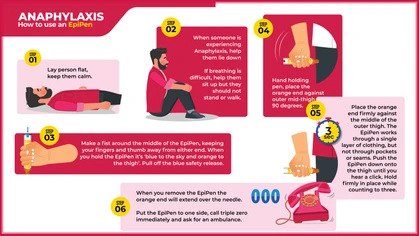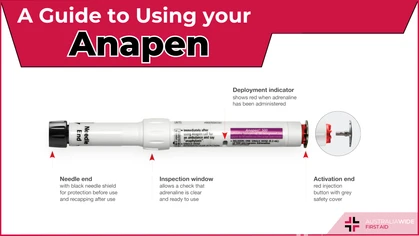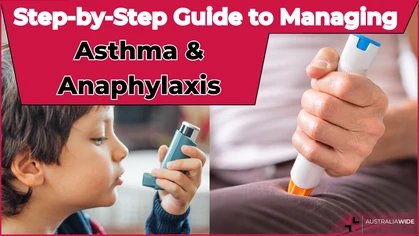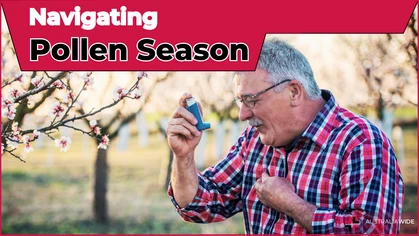Asthma and Smoking

Allergy and Asthma
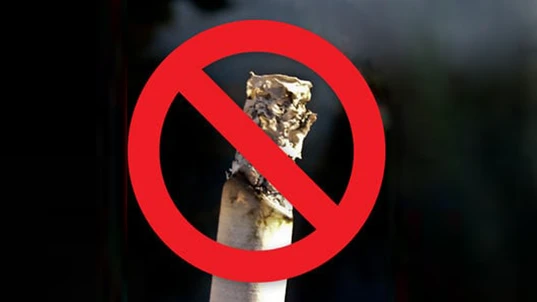
As well as general adverse health effects, smoking worsens asthma and reduces the effectiveness of medications.
Smoking ranks second as a major cause of premature death and illness in Australia, after obesity. As well as having adverse health effects on people in general, smoking worsens asthma and reduces the effectiveness of medications.What are the effects of active smoking on people with asthma?
Asthmatics who smoke often experience:- More airway damage
- Faster loss of lung function
- Increased respiratory symptoms
- More airway inflammation
- Inferior short-term response to inhaled corticosteroid treatment
- Worse asthma control
What are the effects of passive smoking on people with asthma?
Even if you don’t smoke directly, second-hand cigarette smoke can still be harmful. Cigarette smoke is a common trigger for those with asthma and should be avoided as much as possible. Second-hand smoke can:- Trigger an asthma attack
- Increase the frequency of asthma attacks
- Increase the need for asthma medication
- Make your airways more sensitive to other triggers (e.g. pollen, pet fur and dust)
- Reduce lung function
How can I avoid cigarette smoke?
People with asthma can reduce the risk of worsening their asthma by avoid cigarette smoke as much as possible. Ways to avoid cigarette smoke include:- Quit smoking: ask a health professional for advice
- Make your home completely smoke free and ask guests not to smoke inside.
- Avoid smoky areas (e.g. the smoking area of bars and the areas where people take smoke breaks at work)
How do I quit smoking?
People who try to quit smoking without help have a much lower rate of success than those who seek a helpline or doctor. Some tips for quitting smoking include:- Telephone a helpline if you are not ready to quit
- Get advice from a health professional
- Work with a health professional to put an effective quitting plan in place
- Have a clear and unambiguous plan
- Organise follow up: studies have shown that people who are followed up about their progress are more likely to succeed.
Smoking Rates in Australia
- Approximately 19% of males and 16% of females over the age of 14 are daily smokers
- The highest rates of smoking are among people in their twenties: approximately one in four aged 20-29 smokes
- Nearly 11% of teenagers aged between 14-19 years smokes daily or weekly.
- Smoking is reported in approximately 12% of homes with children under the age of 14 years
- Among children aged 14 or less with asthma, 41% live in homes with one or more regular smokers.
Originally published at
https://www.australiawidefirstaid.com.au/resources/asthma-smoking
as part of the Australia Wide First Aid Articles Library
